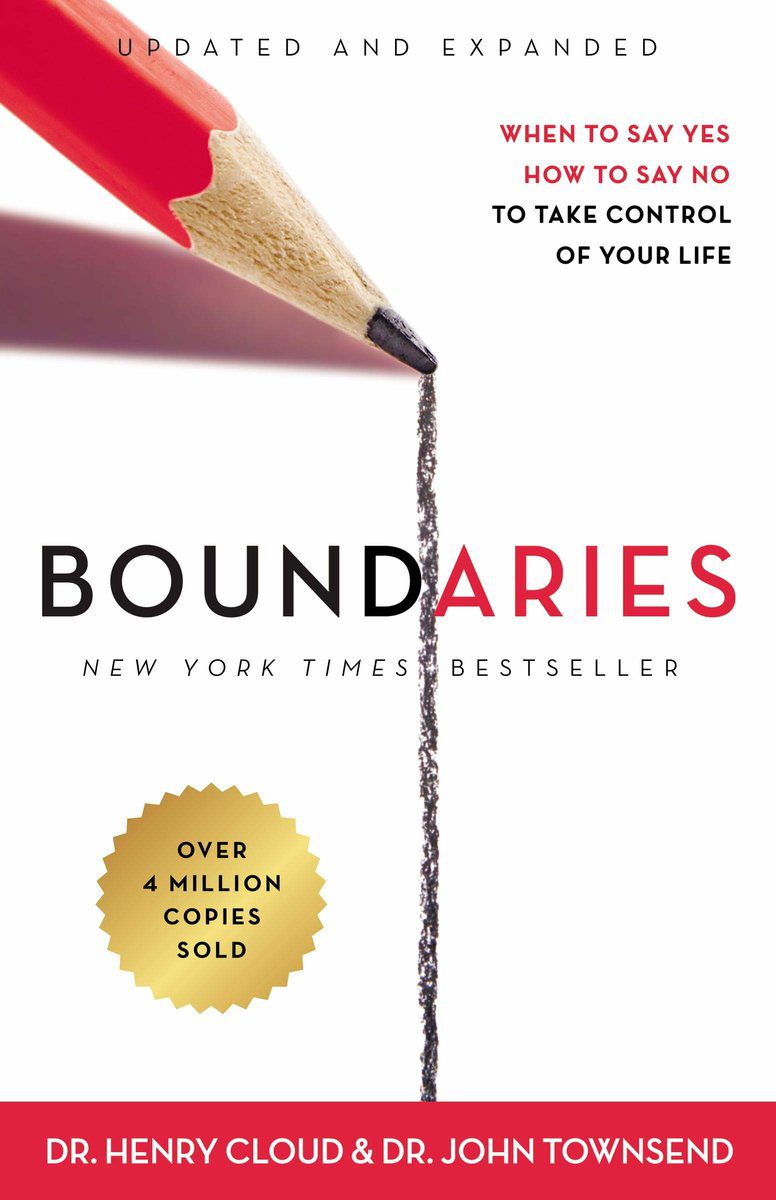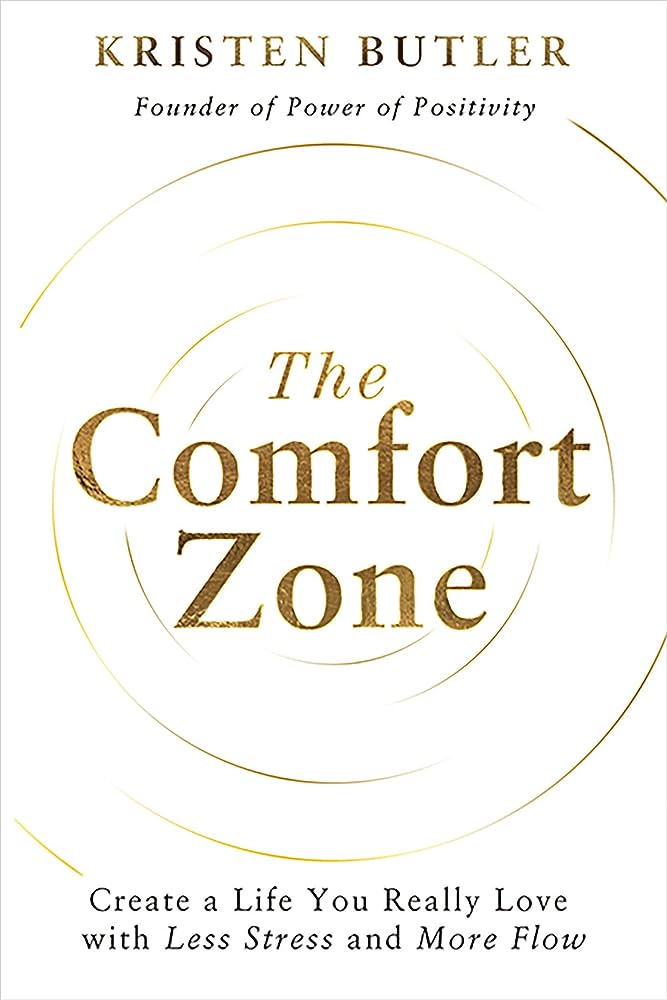Some of the most complicated people to enforce our boundaries with are our close family and friends; saying no and following through with it is challenging. It is not enough to set boundaries; at some point, you must enforce the consequences of people not following your rules. It is not your job to continuously announce your boundaries; it is simply to enforce the consequences when your boundaries are crossed. We are what we tolerate if you set a standard for people close to you to continuously treat you as a doormat and take you for granted. If you don’t like how you are being treated, set healthy boundaries, and if they get crossed, enforce the consequences.
What are Boundaries?
A boundary is a limit or edge that defines you as separate from others. The two main types of boundaries are physical and emotional. Our physical limits are marked by our skin; our emotional limits, by age, roles, our relationships with those around us, our requirements for safety, and our choices about how we want to be treated. Boundaries without a self would be like a punctured balloon. It collapses when nothing is inside. A self without boundaries is like air without a balloon, shapeless, formless, diffused. 1

People with poor boundaries struggle with saying no to the control, pressure, demands, and sometimes the real needs of others. They feel that if they say no to someone, they will endanger their relationship with that person, so they passively comply but inwardly resent. Sometimes a person is pressuring you to do something; other times the pressure comes from your own sense of what you “should” do. If you cannot say no to this external or internal pressure, you have lost control of your property and are not enjoying the fruit of “self-control.” 2
Any confusion of responsibility and ownership in our lives is a problem of boundaries. Just as homeowners set physical property lines around their land, we need to set mental, physical, emotional, and spiritual boundaries for our lives to help us distinguish what is our responsibility and what isn’t. – Henry Cloud
Setting boundaries without setting consequences for crossing the boundaries is counterproductive. The moment people realize you don’t follow through on what you say, they would continue to take advantage of the situation. Without consequences, we are just nagging and complaining. Unfortunately, we usually complain to the wrong people instead of enforcing the consequences and asking for what we really want.
Boundaries without a self would be like a punctured balloon. It collapses when nothing is inside. A self without boundaries is like air without a balloon, shapeless, formless, diffused.

Boundaries Undefined Keep You Confined 3
What we allow into our homes or living spaces will shape the experience of our lives, both within our home and outside it. Life is much sweeter and safer when we evict inhabitants who disrupt our peace and instead invite in people, habits, thoughts, beliefs, and ideas that provide us with love and support.
If you don’t set boundaries, then these ideas can become a part of you. In the same way that you monitor what comes into your physical home through the media you consume—what television shows you watch, music you listen to, movies you watch, and books or magazines you read—you can consistently curate what is coming at you and what inhabits your mental and emotional spaces.
What you allow into your most personal and sacred spaces, in a way, becomes a part of you. It becomes an extension of who you are at that moment. Your boundaries help you become intentional about your choices so you can feel safe in your home and in your body.
Communicate your Needs – Yale Communication Model:
1. When ____________ happens – “ statement of an observable fact”
2. I feel ____________“clearly state your own feelings about the event”.
3. I would like ____________What do you want?
4. Or I will need to ___________“ I will need to.”
“If you can’t control something, you can’t directly change it. If you are not directly changing something, then you are manipulating or trying to coerce the change.” – Stop Caretaking the Borderline or Narcissist by Margalis Fjelstad.
Meditations
- Daly Calm with Tamara Levitt – Exploring Anger
- We are more able to embrace our emotions with tender awareness. Anger is a tricky emotion because it can feel scary and uncontrollable. When we get angry, it can seem like we become our anger; we lash out, say awful things, make rash decisions.
- Ultimately, we want to learn to create a container to hold our strong emotions; that way when anger arises, we can stop, observe it with a calm mind and at times tune into its wisdom without reacting.
- SAIN– Meditation teacher Micheal Stone – SAIN. Stop, Allow, Investigate, Non-identification.
- Stop: Stop to notice the anger, pause and embrace it.
- Allow: We allow what is moving through the mind and body to take place.
- Investigate: We observe whatever is showing up in our body, consider what has caused this emotion to arise.
- Non-Identification: Exploring our emotions without identifying with them.
- We are not anger; we are experiencing anger – a passing emotion.
Observe the fluctuations of the mind, don’t become them
- Daily Jay with Jay Shetty – Game Your Brain
- The more you can learn to view your mind from a distance, the more you can learn to control it.
Podcast
All the Best in your quest to get Better. Don’t Settle: Live with Passion.



Comments are closed.